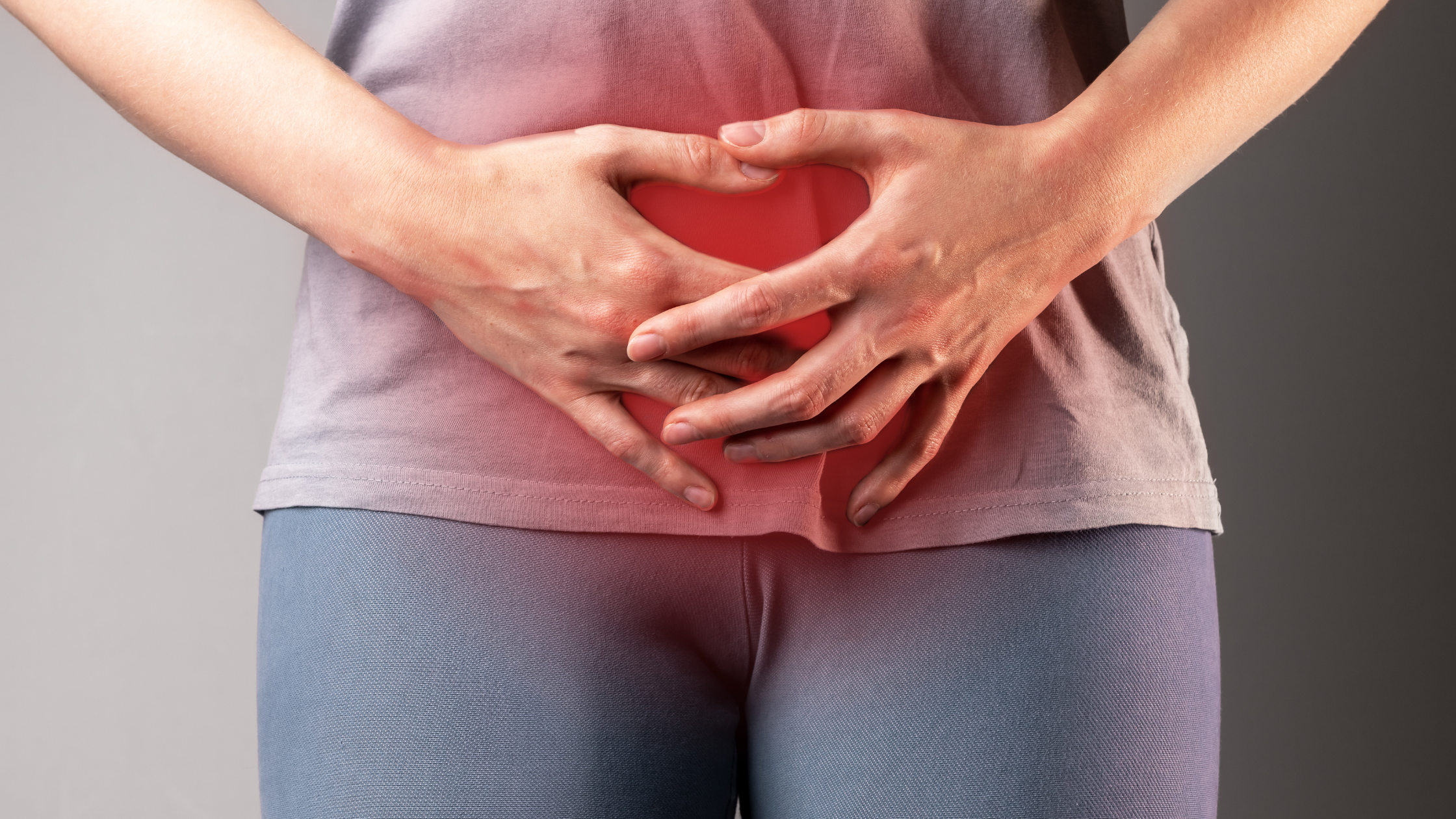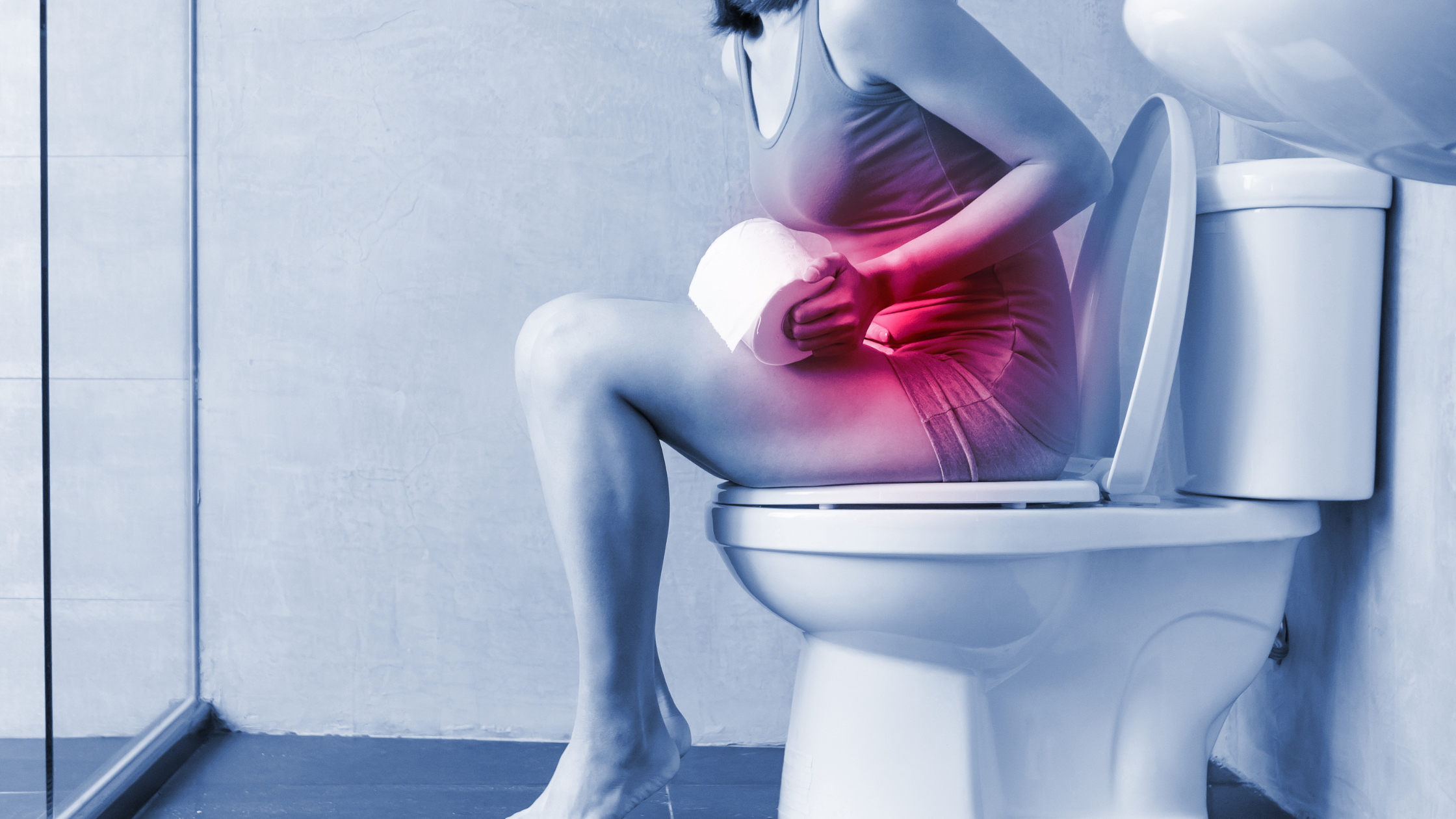Worried About Bladder Cancer? Important Risk Factors to Know
Written by TYE Medical on Jan 10th 2023
Bladder cancer is probably more common than you think. According to the American Cancer Society, over 80,000 Americans are diagnosed with bladder cancer each year. That places bladder cancer as the sixth most commonly diagnosed cancer in the U.S. But what causes bladder cancer? What puts you at risk? And if you suffer from incontinence or frequent bladder infections, should you be concerned?
Let’s take a look at what increases your risk.
What Causes Bladder Cancer?

Bladder cancer develops when bladder cells mutate and have the ability to grow unchecked. When these mutated cells escape your attacking immune system and begin to grow unchecked, they form bladder tumors.
Science can’t tell us precisely what causes bladder cell mutations or how they’re triggered. But researchers have pinpointed some underlying risk factors that make bladder cancer more likely to develop.
General Risk Factors for Bladder Cancer

Some causes depend on your daily habits. In these cases, you can make changes to your daily life and reduce your risk for cancer, including bladder cancer. But other risk factors may be more difficult or even impossible to change. An understanding of your personal risk factors can help you take a proactive approach to bladder health.
Gender
Men are at increased risk for bladder cancer with about a 1 in 27 chance of developing the condition in their lifetime. Women on the other hand have about a 1 in 86 chance of a bladder cancer diagnosis. Why are men at much higher risk? Again, the research isn’t conclusive, but it’s likely that environmental factors play a role. For instance, men are more likely to smoke cigarettes and be exposed to environmental toxins on the job. But there also seems to be a genetic link that gives women more protection against the overgrowth of cancer cells.
Age
Over 90% of bladder cancer diagnoses occur in people over age 55. This makes age the biggest risk factor for bladder cancer. However, the average diagnosis is 73.
Your risk for developing most cancers increases with age, but bladder cancer is simply less common among the younger population.
Race
If you’re white (Caucasian) you’re at least twice as likely to develop bladder cancer as African Americans. But you’re less likely to be diagnosed if you’re Hispanic, Asian, or Native American.
Other Bladder Cancer Causes

Smoking
This should come as no surprise. Smoking is a major cause of many types of cancer. A major reason for the increased bladder cancer risk is that the carcinogens from cigarettes are eventually absorbed into your bloodstream and are then filtered through your kidneys where they are released to your bladder in urine.
And since you don’t run to the bathroom as soon as urine hits your bladder, these carcinogens remain in close contact with your bladder lining for hours. This increased contact between your bladder and carcinogens spikes your odds of developing cancer.
In fact, smokers are three times more likely to get bladder cancer than nonsmokers, and smoking accounts for more than half of all cases of bladder cancer.
On-the-Job Exposure
Chemicals other than those found in cigarettes can also trigger bladder cancer. If you work in specific industries that expose you to carcinogens, you could be at higher risk for bladder cancer.
Industries that put you at risk involve the production of the following:
- Dye
- Rubber
- Leather
- Paint
- Textiles
Professions that put you at risk include:
- Painters
- Printers
- Machinists
- Hair stylists (dyes)
- Truck drivers (fumes)
If you’re aware of these risks, you can take steps to minimize them or even change professions if you believe you have too many risk factors.
Chronic Bladder Irritations and Infections
Anything that causes long-term irritation to your bladder puts you at greater risk for cell mutations and cancer. Your bladder lining can be easily irritated, especially if you don’t drink enough water to urinate more frequently. And you may even notice that certain foods or beverages irritate your bladder.
How do you know if your bladder is irritated? Symptoms can include mild pain or discomfort in your bladder, urgency and frequency, and symptoms that mimic a bladder infection.
But sometimes it's more than irritation: it’s an infection. Chronic bladder infections can increase your risk of getting bladder cancer. But having recurrent bladder infections isn’t necessarily a symptom of bladder cancer. But recurrent, chronic infections may increase your overall risk factor for getting bladder cancer.
Bladder Cancer and Incontinence

Bladder cancer is more directly linked to exposure to carcinogens and bladder irritation than incontinence. However, incontinence can be a symptom of bladder cancer. If you’re experiencing new or different incontinence symptoms, it’s always best to discuss these with your doctor to rule out a cancer diagnosis.
But if you have incontinence, you’re more susceptible to bladder irritation, especially if you don’t drink enough water or use a catheter. If you stay hydrated, void regularly, and practice good hygiene with catheter use, you can minimize bladder irritation and cancer risk.


